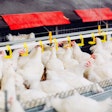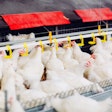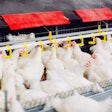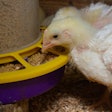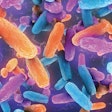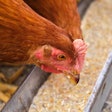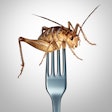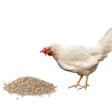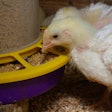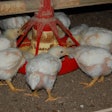As the movement to reduce the use of Antibiotic Growth Promoters (AGPs) gains momentum, the animal nutrition division of DuPont Industrial Biosciences has taken on additional microbiology and live production experts to provide support for its growing poultry gut health products and services portfolio. The group is already made up of veterinary and microbiology specialists.
The laboratory facilities and staff servicing this area of business, currently located in Waukesha, WI, will also move to a larger research and development, and manufacturing site in nearby Madison to support business growth.
The new staff will include:
- John Smalley, live production specialist. With experience in live animal production for a major US poultry producer and in the animal feed industry, Smalley received his BS degree in Agriculture from the University of Arkansas. In addition to an in-depth understanding of live animal production, his expertise includes animal welfare, health and nutrition.
- Jason King, technical services manager. King, a graduate of the University of Georgia, brings more than 17 years of experience in poultry live production to the work he does with customers. Formerly with Koch Foods in Ashland, AL, his expertise span layers, broilers, broiler breeders, GP and GGP breeding stock.
- Dr. Alastair Thomas, business development manager. Previously global product manager for probiotics in DuPont Industrial Biosciences’ animal nutrition division, Alastair gained a PhD in Microbiology from the University of Bath, UK, and his postdoctoral work at Bristol University in the UK focused on the impact of bird stress on Campylobacter colonization in broiler chickens.
Andrew Carlson, North America sales leader, Danisco Animal Nutrition, commented, “We believe that achieving gut health is the lynchpin of profitable animal production. This move will bring additional expertise to the poultry gut health team and enables expansion of our on-site support, not only for our Direct Fed Microbial products but for more tailored services to support animal gut health. It will also encourage even stronger collaboration between our scientists.”









